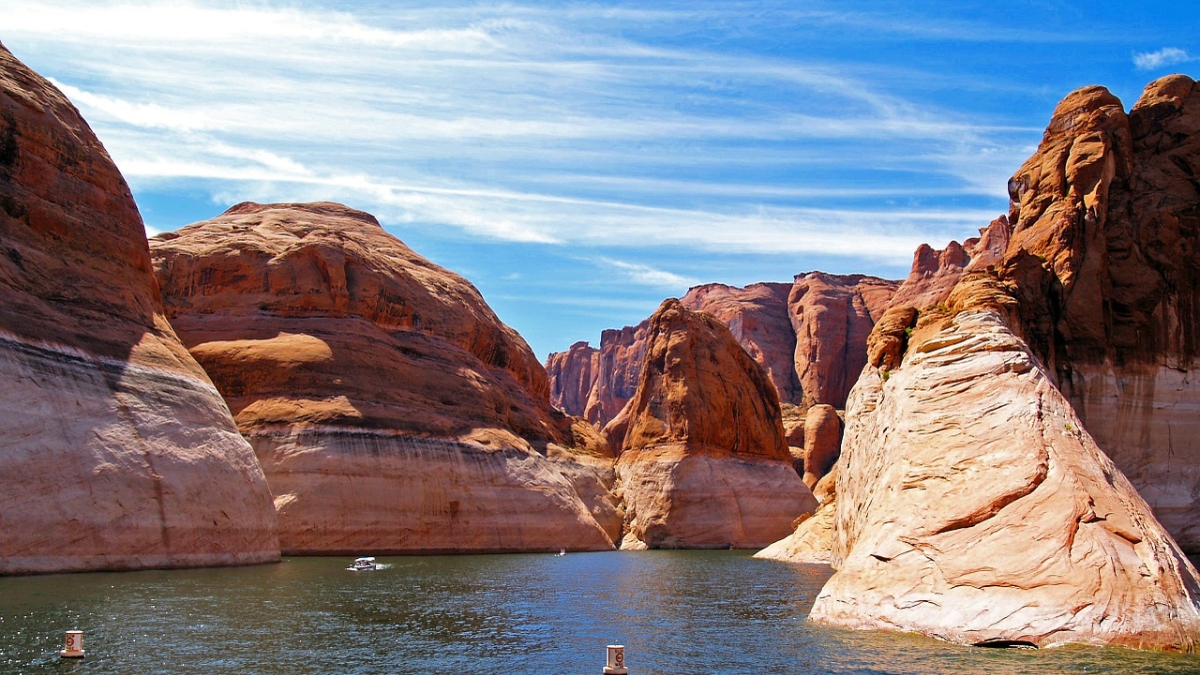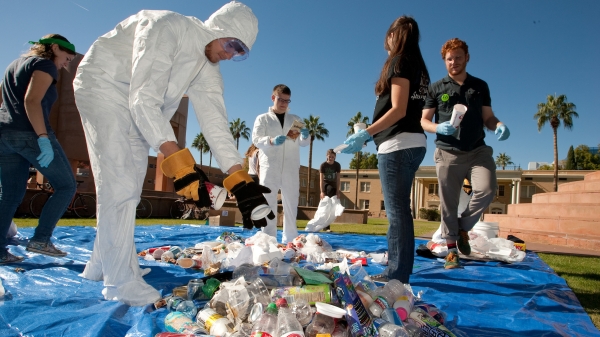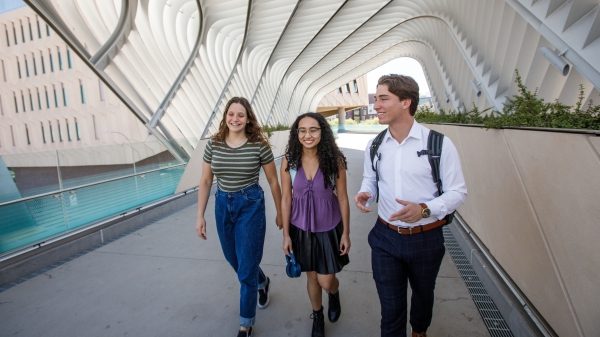7 tips for a sustainable vacation
ASU tourism director provides insight on how to relax and be sustainable this summer

Editor's note: This guest post comes to ASU Now from the desk of Christine Vogt (pictured below), director of the Center for Sustainable Tourism at ASU's College of Public Service and Community Solutions.
Americans are traveling this summer in record numbers. This Fourth of July weekend, with the holiday falling on a Monday, many vacationers have plans to drive or fly to favorite or new destinations. AAA predicts a record 43 million travelers. Besides a long holiday weekend, lower gas prices and a stronger U.S. economy will provide some of the necessary ingredients for travel this summer.
Relaxation and rejuvenation are important to many when vacationing. Travelers can also be sustainable with their choices making the tourism industry a responsible contributor to our society and planet, without giving up fun.
1. Consider minimizing the number of vehicles used on the roads, and if a hybrid or electric vehicle is an option, then use it. If hiking or biking is an option to travel to your destination or while at your destination, then leave the vehicle behind.
2. Think about patronizing local stores and restaurants so that vacation spending benefits the local community. Support businesses that are owned by someone from the community. Take the time to talk to local merchants to learn more about what they sell or serve and how they might source local ingredients. Local First Arizona is a great source for finding those local businesses that keep our economy diverse.
3. Shop and stay in businesses that utilize older buildings rather than buildings that are newly built. Less development saves natural resources used in building materials and keeps land in its natural state. Look in the downtown areas for reused or historic buildings. Bed-and-breakfasts, ranches and lodges are often housed in historical buildings and near other local businesses.
4. If an older building is hard to come by, look for newer buildings with LEED certifications and whose businesses use their own sustainable practices, like water-saving measures such as low-flow showers or solar- or wind-energy production on site.
5. A vacation that is mentally relaxing but also physically active will provide personal benefits to travelers. If menus are healthy and recreation activities burn calories, such as hiking, running, kayaking, and swimming, then a Fourth of July vacation fits nicely with health outcomes, and is fun and entertaining while enjoying and respecting nature.
6. If recycling is not available at a destination, then consider bringing bottles, cans and newspapers home to put in your household recycling bin rather than contributing to a landfill away from home.
7. Volunteering while on vacation is another way to make a sustainable vacation decision. Individually or as a group, your efforts can improve the environment or help others. There are many volunteer matching services. One is International Volunteer Card: https://www.volunteercard.com/2016/06/4-ways-to-give-back-on-the-4th-of-july-2/.
More Environment and sustainability

A run on fossil fuels: ASU professor says climate legislation could have unintended consequences
As concerns about climate change grow, policymakers are increasingly voicing support for stricter fossil fuel legislation. Their discussions and proposals raise questions about the future of the oil…

Confusion complicates US recycling efforts
In most major cities and buildings, recycling bins can often be found alongside trash bins in an effort to encourage recycling. But is it working? According to the U.S. Environmental Protection…

ASU empowers students to build a thriving global future
At Arizona State University, leadership has made tremendous efforts to create programs and initiatives aimed at supporting a healthy planet and thriving future for all life — and now, more than ever…
